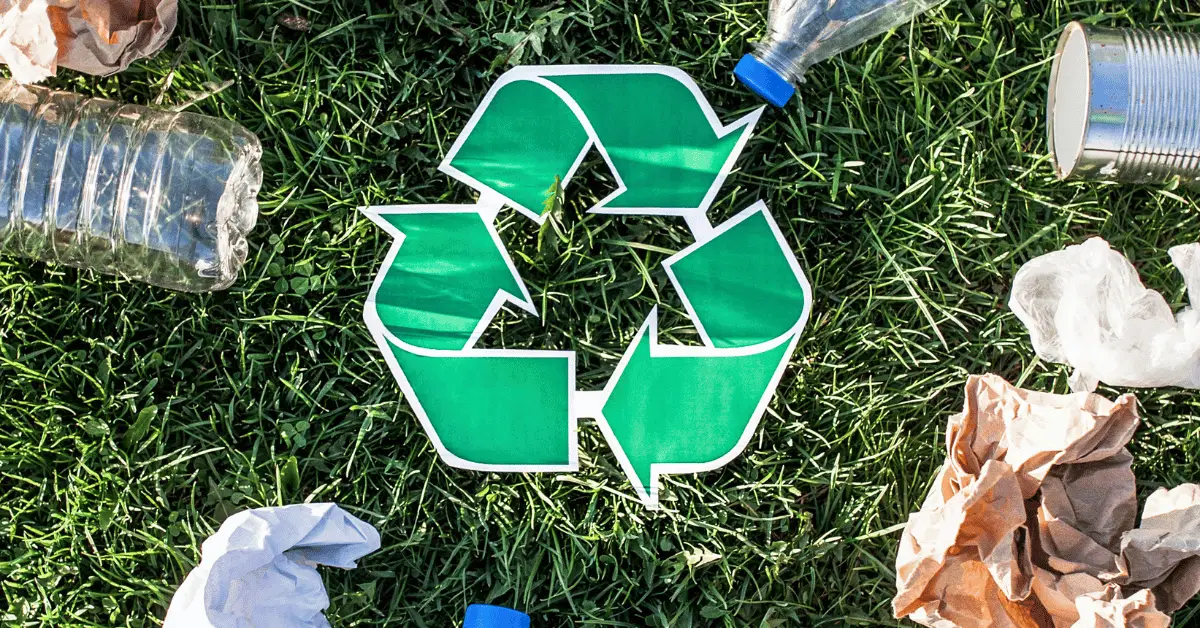Overhead projector sheets are a popular tool for presentations and classroom instruction. However, when it comes to disposing of them, many people are unsure if they can be recycled. In this article, we will explore the different types of overhead projector sheets, their recycling capabilities, and eco-friendly alternatives. By following these guidelines, you can reduce your environmental impact and make more sustainable choices when using overhead projector sheets.
Table of Contents
Can Overhead Projector Sheets Be Recycled?
Overhead projector sheets, also known as transparency sheets, have been a staple in classrooms and presentations for many years. However, as more people become conscious of their environmental impact, questions arise about whether or not overhead projector sheets can be recycled. In this article, we will explore the different types of overhead projector sheets, their recycling capabilities, and eco-friendly alternatives.
Types of Overhead Projector Sheets
Overhead projector sheets come in different types, including acetate and polyester sheets. Acetate sheets are made from cellulose acetate, a type of plastic, and polyester sheets are made from a type of plastic called polyethylene terephthalate (PET).
Recycling Capabilities
Acetate sheets are not recyclable due to their composition and lack of recycling infrastructure. While some recycling facilities accept polyester sheets, it is important to check with your local recycling program to ensure that they are accepted. Some programs may only accept clear or white polyester sheets, and colored sheets may not be accepted. It is also important to remove any metal binding clips or staples before recycling.
Eco-Friendly Alternatives
If you are looking for more eco-friendly alternatives to overhead projector sheets, consider using reusable alternatives such as whiteboards or digital projectors. Whiteboards are a great option for presentations that require the use of diagrams, graphs, or other visual aids. Digital projectors can be used to display content from a computer onto a screen or wall, eliminating the need for physical transparencies altogether.
Can I Print On Overhead Projector Sheets?
Yes, it is possible to print on overhead projector sheets. However, it is important to use the correct type of printer and ink to ensure that the print quality is suitable for use with an overhead projector.
Overhead projector sheets, also known as transparencies, are typically made from acetate or polyester materials. Acetate sheets are not suitable for printing as they are not compatible with most printer inks and can cause the ink to smudge or smear. Polyester sheets, on the other hand, can be printed on using inkjet or laser printers.
Inkjet printers are the most commonly used type of printer for printing on polyester sheets. It is important to use inkjet printers that are specifically designed for printing on transparencies. These printers use dye-based or pigment-based inks that dry quickly and provide clear, sharp prints.
When printing on polyester sheets, it is important to select the correct print settings. Use the highest possible print quality setting to ensure that the print is sharp and clear. It is also recommended to print on the smooth side of the sheet, as this will provide the best print quality.
In addition, it is important to handle the printed sheets carefully to prevent smudging or smearing. Allow the sheets to dry completely before handling, and avoid stacking them on top of each other.
In conclusion, it is possible to print on overhead projector sheets, but it is important to use the correct type of printer and ink. Polyester sheets can be printed on using inkjet or laser printers, but it is important to use printers that are specifically designed for printing on transparencies. By following these guidelines, you can produce high-quality prints that are suitable for use with an overhead projector.
Conclusion
In conclusion, overhead projector sheets can be a useful tool for presentations and classroom instruction. However, their recycling capabilities are limited, and it is important to check with your local recycling program before recycling polyester sheets. If you are looking for more eco-friendly alternatives, consider using reusable alternatives such as whiteboards or digital projectors. By making more sustainable choices, we can reduce our environmental impact and work towards a more sustainable future.

